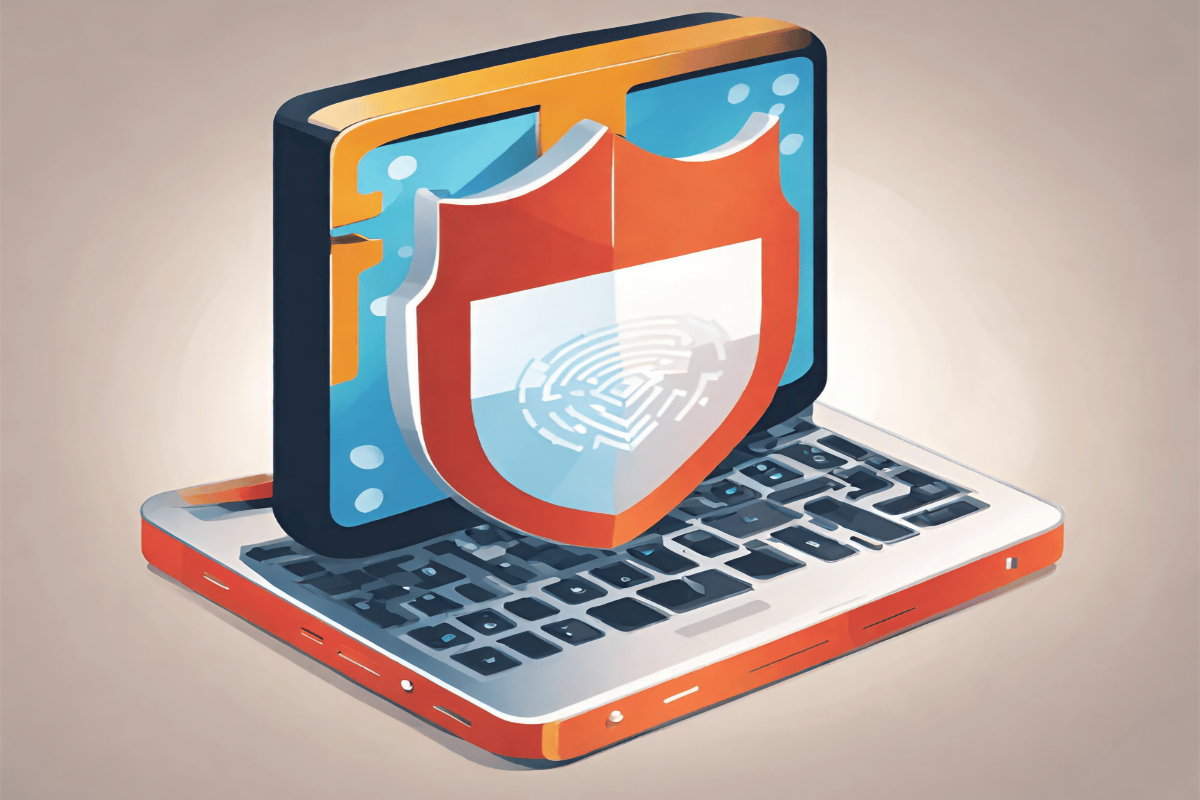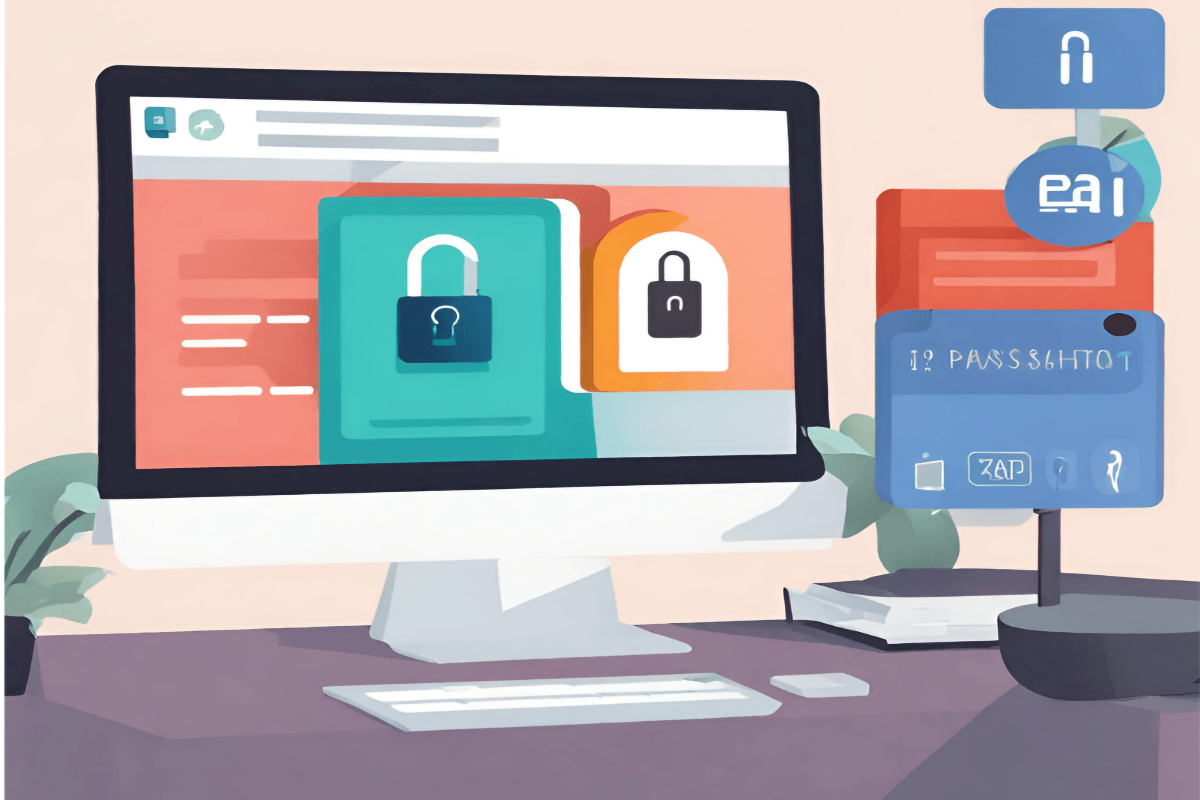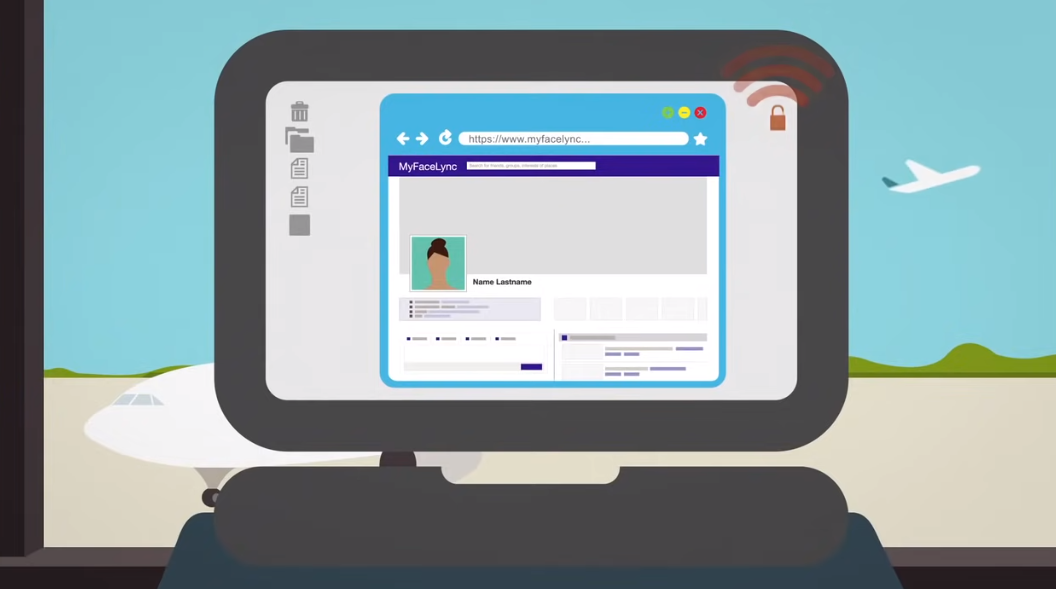To maintain your security while surfing the internet, avoid neglecting software updates, using weak passwords, falling for phishing scams, ignoring Two-Factor Authentication (2FA), using unsecured Wi-Fi networks, oversharing on social media, downloading unverified apps and files, neglecting antivirus and security software, not backing up your data, clicking on pop-up ads, neglecting privacy settings, and using unencrypted websites.
Neglecting Regular Software Updates

One of the most common mistakes people make while surfing the internet is neglecting to update their software regularly. This includes your operating system, web browsers, and all the applications you use. Failing to update leaves your devices vulnerable to security flaws that hackers can exploit.
Why do Regular Updates Matter?
Software updates often contain patches for known vulnerabilities. When you postpone these updates, you’re essentially leaving your virtual door open for cyber-criminals. Hackers actively search for outdated software to gain access to your data or even control your device.
To avoid this, set up automatic updates on your devices whenever possible. This ensures that you’re always running the latest, most secure software.
Clicking on Suspicious Links and Emails
Phishing attacks are on the rise, and they often start with a seemingly harmless email or a tempting link. Clicking on these can lead to disastrous consequences, from stolen personal information to malware infections.
How to Recognize Suspicious Emails and Links?
- Check the Sender: Be cautious of emails from unknown senders or those with generic, misspelled addresses.
- Look for Typos and Poor Grammar: Cyber-criminals often make mistakes in their emails.
- Verify the URL: Hover your mouse over links to see where they lead before clicking.
- Avoid Urgent Requests: Be wary of emails demanding immediate action or personal information.
Ignoring Privacy Settings on Social Media
Social media platforms are fun and interactive, but they can also be a goldmine of personal information for cyber-criminals. Ignoring your privacy settings can lead to oversharing and compromise your security.
How to Secure Your Social Media Accounts?
- Review Privacy Settings: Regularly check and update your privacy settings to limit who can see your posts and information.
- Be Selective with Friend Requests: Don’t accept friend requests from people you don’t know personally.
- Beware of Location Sharing: Avoid sharing your exact location in real time, especially with strangers.
- Use Strong Passwords: Create complex, unique passwords for each social media account.
Using Weak Passwords
Passwords are the keys to your online accounts, and weak ones are an open invitation to hackers. Using easily guessable passwords like “123456” or “password” is a grave mistake.
How to Create Strong Passwords?
- Use a Mix of Characters: Combine upper and lower-case letters, numbers, and symbols.
- Avoid Personal Information: Don’t use easily accessible information like birthdays or names.
- Change Passwords Regularly: Update your passwords every few months.
- Consider a Password Manager: Use a trusted password manager to generate and store complex passwords securely.
Ignoring Two-Factor Authentication (2FA)

Two-factor authentication (2FA) is a security measure that adds an extra layer of protection to your online accounts. It works by requiring you to provide two forms of verification before gaining access. Typically, one verification factor is something you know (like your password), and the other is something you have (like a one-time code sent to your mobile device).
Why it’s important:
- Enhanced security: 2FA significantly reduces the risk of unauthorized access to your accounts. Even if someone knows your password, they won’t be able to log in without the second verification factor.
- Protection against password breaches: In cases where data breaches expose your login credentials, 2FA adds an additional barrier, making it much harder for hackers to misuse your account.
How to implement it:
- Enable 2FA wherever it’s available, especially for critical accounts like email, online banking, and social media.
- Use authentication apps or receive one-time codes via SMS for the second verification factor.
Using Unsecured Wi-Fi Networks
Public Wi-Fi networks, such as those in coffee shops, airports, or hotels, are often unsecured. This means that anyone can potentially intercept the data transmitted over these networks, making them a prime target for cybercriminals.
Why it’s important:
- Preventing data interception: Using unsecured Wi-Fi can expose your sensitive information, including login credentials, to malicious actors.
- Protecting your privacy: Cybercriminals can monitor your online activities on unsecured networks, potentially compromising your privacy.
- Avoid accessing sensitive information like online banking or entering passwords on public Wi-Fi.
- If you must use public Wi-Fi, consider using a Virtual Private Network (VPN) to encrypt your internet connection, adding a layer of security.
Oversharing on Social Media
Social media platforms are designed for sharing, but oversharing personal information can have security implications.
Why it’s important:
- Identity theft: Posting too much personal information can make it easier for cybercriminals to impersonate you or guess your security questions.
- Targeted attacks: Cybercriminals may use the information you share to craft convincing phishing messages or launch social engineering attacks.
How to protect yourself:
- Review your privacy settings on social media platforms and limit the visibility of your posts to trusted friends and connections.
- Be mindful of the information you share, avoiding details like your full address, phone number, and financial information.
Downloading Unverified Apps and Files
Downloading apps and files from unverified sources can lead to various security risks, including malware infections and data breaches.
Why it’s important:
- Malware risk: Unverified apps and files may contain malware that can compromise your device and data.
- Data security: Unauthorized apps may access your personal information without your consent.
How to avoid risks:
- Stick to official app stores like Google Play Store or Apple App Store for downloads.
- Before installing any software or app, read reviews, check permissions, and verify the source’s credibility.
Neglecting Antivirus and Security Software
Antivirus and security software are essential for safeguarding your devices from various online threats, including viruses, malware, and phishing attacks.
Why it’s important:
- Protection against malware: Antivirus software scans for and removes malicious software that can harm your system or steal your data.
- Real-time monitoring: Security software can actively detect and block threats, providing proactive defense.
How to stay protected:
- Invest in reputable antivirus and security software.
- Ensure that your security software is regularly updated to stay current with emerging threats.
Not Backing Up Your Data
Data loss can occur due to various reasons, including hardware failure, accidental deletion, or cyberattacks. Regularly backing up your data is essential to mitigate the risk of losing valuable information.
Why it’s important:
- Data recovery: Backups ensure you can recover your important files in case of data loss.
- Protection against ransomware: In case of a ransomware attack, you can restore your data without paying the ransom.
How to back up your data:
- Use external drives or cloud storage solutions to back up your files regularly.
- Set up automated backups to ensure data is continuously protected.
Clicking on Pop-Up Ads
Pop-up ads are not only annoying but can also be a vector for malware distribution.
Why it’s important:
- Malware distribution: Some pop-up ads may contain malicious code that can infect your device when clicked.
- Privacy invasion: Clicking on ads can lead to tracking and data collection by advertisers.
How to minimize risks:
- Use an ad blocker to prevent most pop-up ads from appearing.
- Only click on ads from reputable sources or websites you trust.
Neglecting Privacy Settings
Many websites and apps allow you to customize privacy settings to control the information you share.
Why it’s important:
- Data control: Customizing privacy settings helps you minimize the amount of personal data you expose online.
- Protection against data misuse: Restricting access to your information reduces the risk of your data being used for malicious purposes.
How to manage privacy settings:
- Regularly review and adjust the privacy settings on websites and apps you use.
- Be selective about the information you share and with whom you share it.
Using Unencrypted Websites
When entering sensitive information, such as credit card details, it’s crucial to ensure you are on a secure, encrypted website.
Why it’s important:
- Data protection: Encryption safeguards your data during transmission, making it harder for attackers to intercept and steal your information.
- Preventing eavesdropping: Unencrypted websites can be vulnerable to eavesdropping by malicious actors.
How to verify website security:
- Look for “https://” in the URL and a padlock symbol in the address bar.
- Avoid making transactions or sharing confidential information on unencrypted sites to protect your data from potential interception.
Conclusion
Safeguarding your online security is paramount in today’s digital landscape. Regularly updating software, employing robust passwords, and staying vigilant against phishing attempts are fundamental steps to protect your digital identity. Embracing Two-Factor Authentication (2FA), exercising caution on public Wi-Fi networks, and practicing discretion on social media further contribute to a safer online experience. Avoiding the download of unverified apps and files, prioritizing antivirus software, and maintaining data backups add layers of protection.
FAQs:
Why are software updates essential for online security?
Software updates are essential because they often include critical security patches that protect your devices and software from vulnerabilities exploited by hackers. Neglecting updates can leave your system exposed to potential threats.
How can I recognize a phishing scam?
Phishing scams can be recognized by suspicious emails or websites that try to trick you into revealing personal information. Look for unusual email addresses, spelling errors, and requests for sensitive information. Hover over links to preview URLs and verify the sender’s identity.
Why should I enable Two-Factor Authentication (2FA)?
2FA provides an extra layer of security by requiring you to enter a one-time code sent to your mobile device. Enabling 2FA makes it significantly harder for unauthorized individuals to access your accounts, even if they have your password.
Is it safe to use public Wi-Fi networks?

Public Wi-Fi networks can be risky because they are often unsecured. It’s best to avoid accessing sensitive information like online banking on public Wi-Fi. If you must use it, consider using a Virtual Private Network (VPN) for added security.
What’s wrong with oversharing on social media?
Oversharing on social media can compromise your security by revealing personal information that cybercriminals can exploit. Avoid sharing sensitive details like your full address or financial information, and review your privacy settings to control who sees your posts.
Do I really need antivirus and security software?
Yes, antivirus and security software are essential for protecting your devices from malware and other threats. Neglecting to install and update these programs can leave your system vulnerable to attacks.
